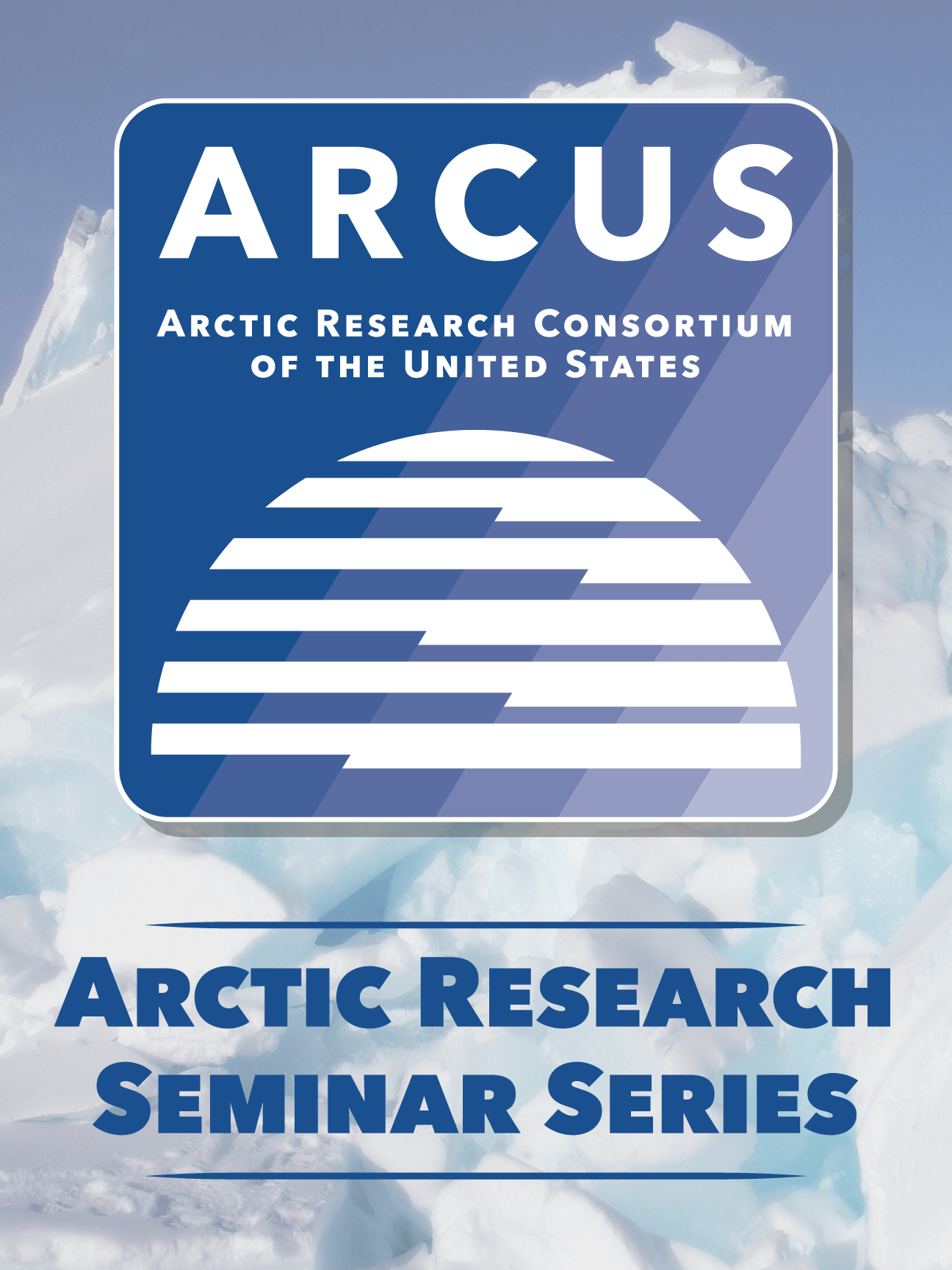Michael Koskey and Yoko Kugo: Investigations of Culture Change and Adaptation through Food Life History: Coproduction of Knowledge in Indigenous Alaska Communities to address Issues of Food Sovereignty
Presentations
This presentation discusses the findings of our research relating to changes in food security and food lifeways due to climatic and socioeconomic change in Alaska. For many decades, many researchers have collaborated with Indigenous communities and scholars from various disciplines to learn about culture change from multiple perspectives. Food security topics in this presentation include relationships with humans and with non-humans, harvesting skills, sharing and storing food, Indigenous knowledge of the land, and how northern communities have maintained their lifeways while adapting to these changes wrought by colonialism and other factors of globalization.
Working in partnership with Alaska Native communities, researchers have recognized the importance of local knowledge and voices that need to be taken into consideration alongside scientific data. Scientists traditionally have not used oral history data because it lacks systematic written records. However, many projects in Alaska and elsewhere show that Elders’ and other knowledge-bearers’ oral traditions have provided multi-generational knowledge regarding changes in landscapes, weather, and economy that is crucial for research.
The presentation will demonstrate that engaging with communities has encouraged the partnering community to identify and pursue their own goals for a project, thus enhancing interest. Local knowledge-bearers and other leaders can ensure that their community will benefit from academic research by ensuring a focus on community needs and well-being. Researchers can thus reciprocate with their community partners while also conducting academic research. Michael and Yoko will also present contact and negotiation methods for collaborating with communities, their ethical conduct of ethnographic fieldwork to gain local perspectives, and their continuing work alongside communities as partners in research.

